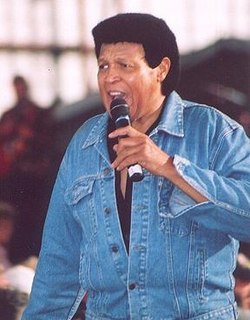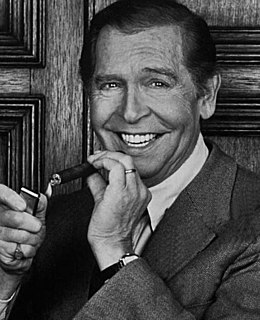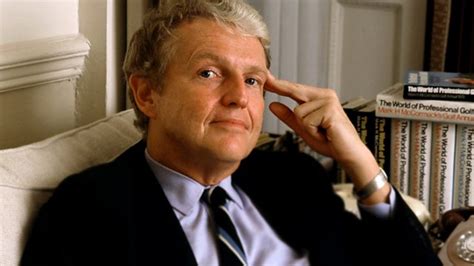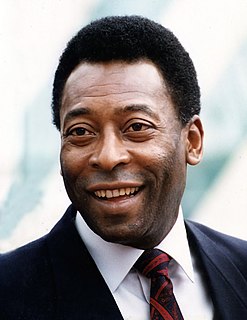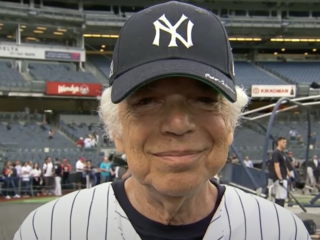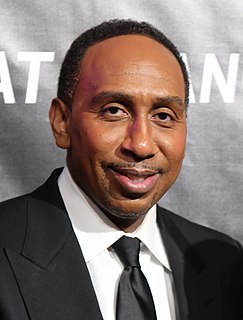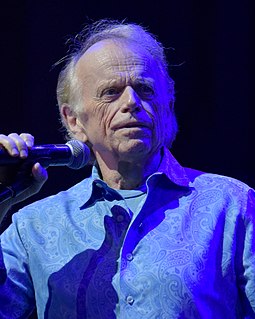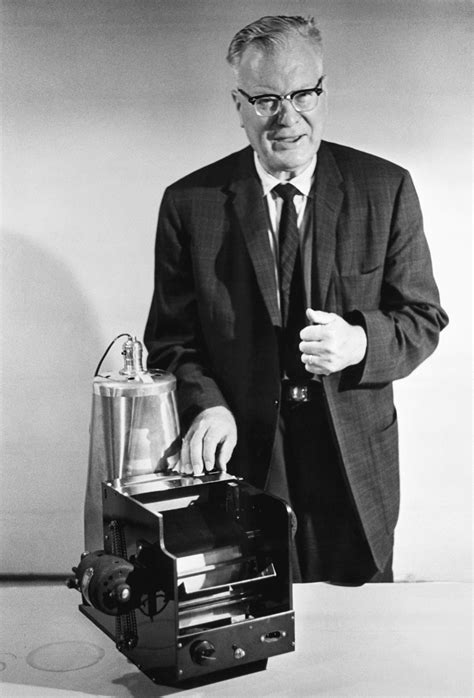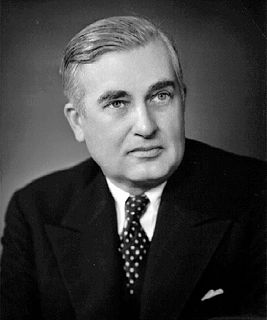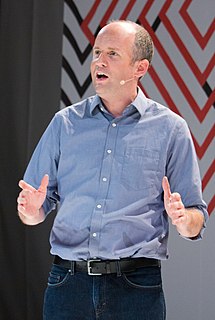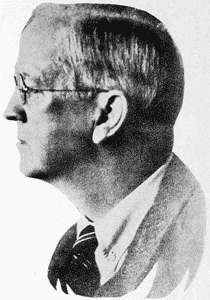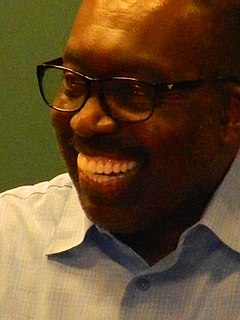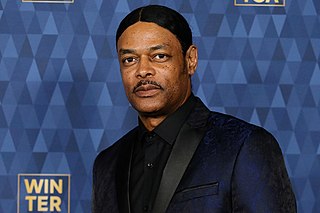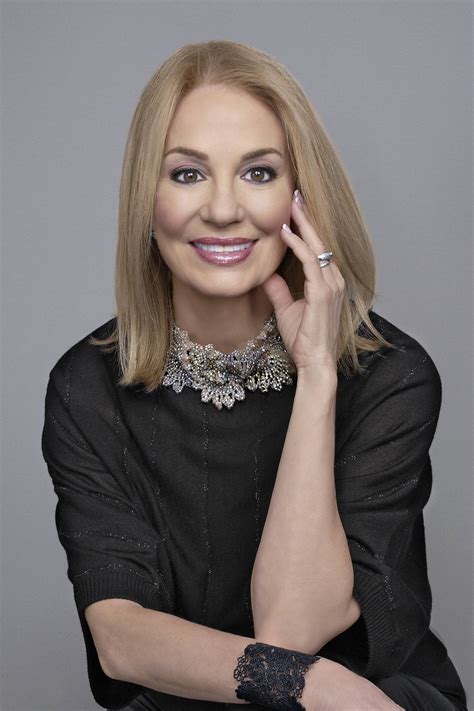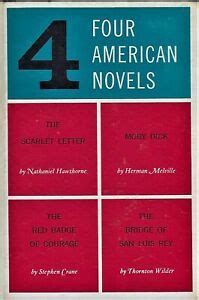Top 874 Thomas Edison Quotes & Sayings
Explore popular Thomas Edison quotes.
Last updated on April 14, 2025.
Thomas Edison reads not for entertainment but to increase his store of knowledge. He sucks in information as eagerly as the bee sucks honey from flowers. The whole world, so to speak, pours its wisdom into his mind. He regards it as a criminal waste of time to go through the slow and painful ordeal of ascertaining things for one's self if these same things have already been ascertained and made available by others. In Edison's mind knowledge is power.
The most famous self-made man in the world today is our own Edison. Talk with Mr. Edison and he will tell you he owes much if not most of his success to omnivorous reading. Forbes is one of his favorite publications. How closely he reads it can be gathered from a letter just received from him in which he asks the editor to forward a long analytical letter to the writer of a series of articles which contained two figures Mr. Edison questions, and he wants to know exactly on what authority or investigation they were based. Both letters were the product of Mr. Edison and were signed by him.
A reporter called on Edison to interview him about a substitute for lead in the manufacture of storage batteries that the scientist was seeking. Edison informed the man that he had made 20,000 experiments but none had worked. "Aren't you discouraged by all this waste of effort?" the reporter asked. Edison: "Waste! There's nothing wasted. I have discovered 20,000 things that won't work."
I am in exact accord with the belief of Thomas Edison that spirit is immortal, that there is a continuing center of character in each personality. But I don't know what spirit is, nor matter either. I suspect they are forms of the same thing. I never could see anything in this reputed antagonism between spirit and matter. To me this is the most beautiful, the most satisfactory from a scientific standpoint, the most logical theory of life.
I consider myself an inventor first and an entrepreneur second. In real life, my hero is Thomas Edison. He was a great inventor, but also an outstanding entrepreneur who was able to sell his inventions to the masses. He didn't just develop the light bulb; he invented the entire electric grid and power distribution system.
When Edison first started out with his "crazy" idea for the light bulb, skeptics were unmoved. They called Thomas Edison a con man and taunted him to prove his bulb could really work. Despite the naysayers, Edison pushed on, demonstrating the importance of sticking with his "crazy" idea which would go on to turn him into one of the world's most well-known entrepreneurs. The key here is to fan the foolish fire no matter what!
As a writer, politician, scientist, and businessman, [Ben] Franklin had few equals among the educated of his day-though he left school at ten. (...)Boys like Andrew Carnegie who begged his mother not to send him to school and was well on his way to immortality and fortune at the age of thirteen, would be referred today for psychological counseling; Thomas Edison would find himself in Special Ed until his peculiar genius had been sufficiently tamed.
Work outside of school hours was a necessity at an early age, and with such time as I had I turned toward interests of my own devising, making things, experimenting, and planning for the future. I had read of Thomas Alva Edison and other successful inventors, and the idea of making an invention appealed to me as one of the few available means to accomplish a change in one's economic status, while at the same time bringing to focus my interest in technical things and making it possible to make a contribution to society as well.
What made Leonardo da Vinci, Thomas Edison and Albert Einstein such creative geniuses? It wasn't reading books or watching YouTube talks about How To Be More Creative, that's for sure... If startling insights could be systematically arrived at, they wouldn't be startling. The best you can do is to create a conducive environment: put in the hours; take time to daydream; avoid mind-corroding substances.
Fall forward. Here's what I mean: Reggie Jackson struck out 2,600 times in his career - the most in the history of baseball. But you don't hear about the strikeouts. People remember the home runs. Fall forward. Thomas Edison conducted 1,000 failed experiments. Did you know that? I didn't either - because number 1,001 was the light bulb. Fall forward. Every failed experiment is one step closer to success.
Now, suppose a Negro does something really magnificent, and I glory, not in the benefit to mankind, but in the fact that the doer was a Negro. Must I not also go hang my head in shame when a member of my race does something execrable? . . . The white race did not go into a laboratory and invent incandescent light. That was Edison. . . . If you are under the impression that every white man is an Edison, just look around a bit.
If he [Thomas Edison] had a needle to find in a haystack, he would not stop to reason where it was most likely to be, but would proceed at once with the feverish diligence of a bee, to examine straw after straw until he found the object of his search. ... [J]ust a little theory and calculation would have saved him ninety percent of his labor.
Thomas Edison had great visions (for lights, music players, movies, etc.) but he knew they didn't count until he could make them work. His statement that creativity is 99% perspiration makes that point. Consider how much time he spent trying to make a synthetic rubber material for tires and never stopped trying but he never succeeded.
The outer is easier, and the outer is objective. For example, one man, Thomas Alva Edison, discovers electricity and the whole of humanity uses it; there is no need for everyone to discover it again and again. Inner growth is a totally different phenomenon. A Gautama Buddha may become enlightened, but that does not mean that everybody else becomes enlightened. Each individual has to find the truth for him or herself.
Thomas A. Edison was once reluctantly persuaded by his wife to attend one of the big social functions of the season in New York. At last the inventor managed to escape the crowd of people vying for his attention, and sat alone unnoticed in a corner. Edison kept looking at his watch with a resigned expression on his face. A friend edged near to him unnoticed and heard the inventor mutter to himself with a sigh, "If there were only a dog here!"
The Wright brothers didn't contemplate the staying on the ground of things. Alexander Graham Bell didn't contemplate the noncommunication of things. Thomas Edison didn't contemplate the darkness of things. In order to float an idea into your reality, you must be willing to do a somersault into the unconceivable and land on your feet, contemplating what you want instead of what you don't have.
